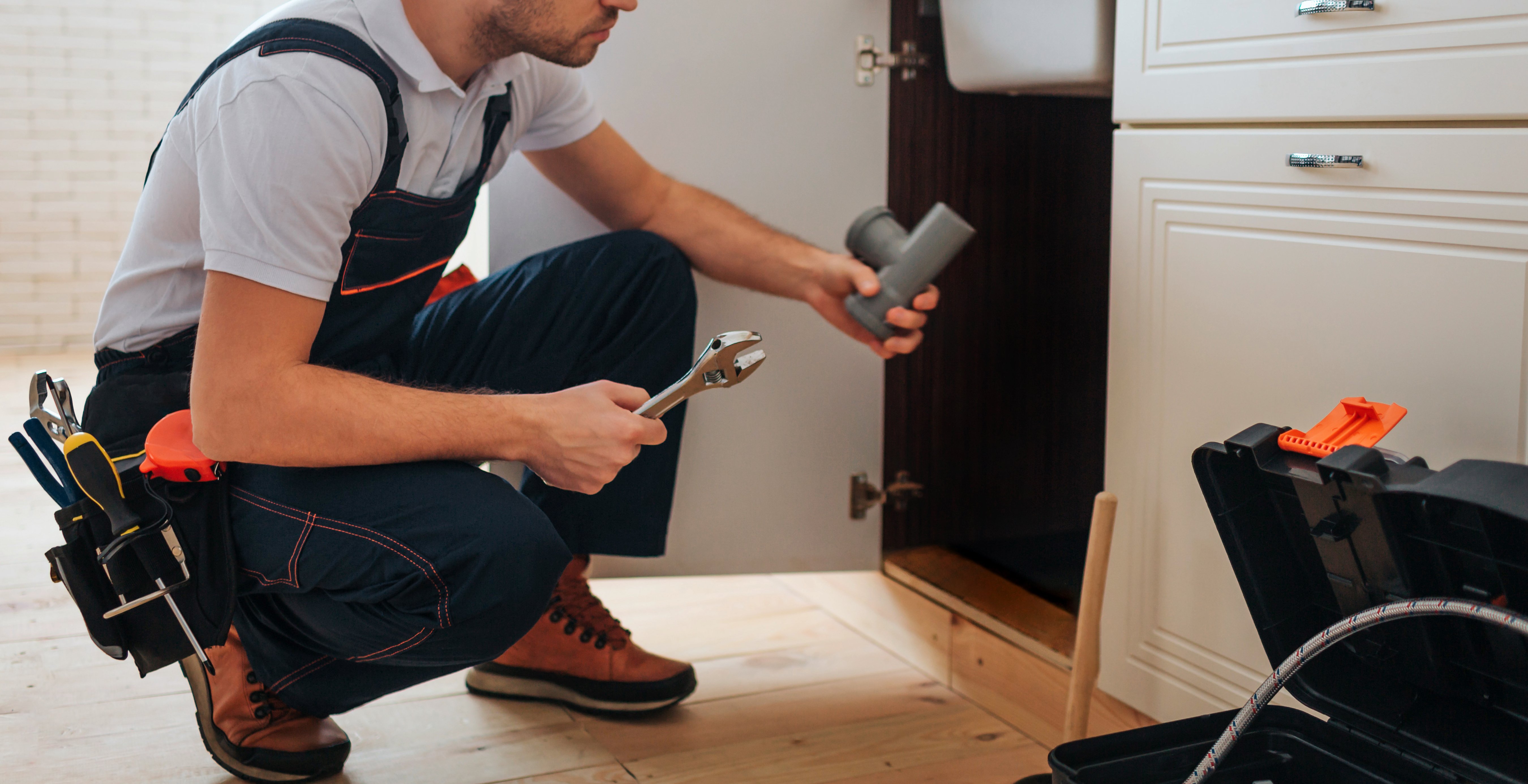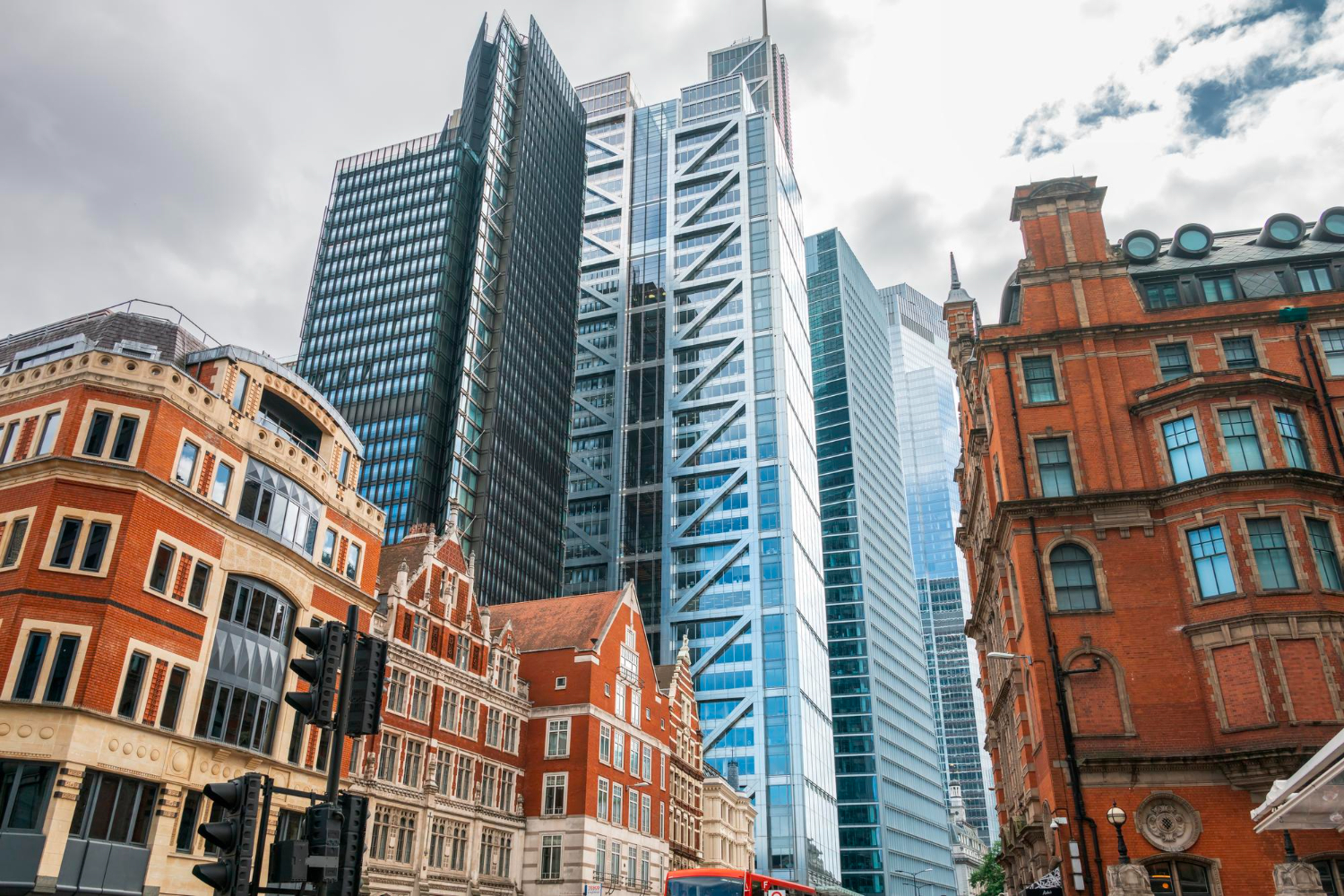

Plumbing, drainage, and leak issues can be a major headache for landlords and tenants alike.
As a landlord, it’s important to understand your obligations under the law and take steps to maintain your property’s plumbing to avoid costly repairs and potential legal trouble. In this article, we’ll delve deeper into the topic and offer some additional tips to help you stay on top of your plumbing maintenance responsibilities.
First and foremost, it’s worth noting that under section 11 of the Landlord and Tenant Act 1985, landlords are responsible for completing most major repairs in the home, including those related to plumbing, drainage, and pipes. This means that if your tenant reports a plumbing issue, you are legally obligated to repair it within a reasonable timeframe.
In addition to emergency repairs, which should be attended to within 24 hours whenever possible, landlords should also take steps to ensure the overall health of their property’s plumbing system. Here are some additional tips to help you maintain your plumbing and avoid costly repairs:
Conduct regular plumbing audits
One of the best ways to avoid major plumbing issues is to conduct regular audits of your property’s plumbing system. This can include a pre-purchase or homebuyers drain survey, which will identify any potential issues before they become major problems. You should also check the integrity of fitted appliances before the start of every new tenancy to ensure they are in good working order.
Educate tenants on drain health
To avoid blockages caused by non-biodegradable items in toilets and sinks, it’s worth spending some time educating your tenants on what they should and should not be putting down the drain. This can be communicated verbally or in a tenant information pack, and can help to prevent costly repairs down the line.
Opt into a plumbing maintenance plan
Plumbing maintenance plans involve regular check-ups and maintenance to ensure optimum performance and identify any potential issues before they become problematic or expensive to solve. By customizing a plumbing maintenance plan to meet your particular needs, you can save money over the long-term and avoid major plumbing issues down the line.
Install and update grease management systems
Up to 70% of drain blockages are caused by the build-up of fat, oil, and grease. To reduce the risk of a blockage and the expense associated with plumber callouts, it’s worth investing in an effective grease management system.
Have an emergency plumbing plan in place
Finally, it’s worth having the number of an emergency plumber you know will provide a reliable, cost-effective 24-hour call out service. This can help you avoid costly repairs and ensure your tenants have access to the plumbing support they need in case of an emergency.
In conclusion, as a landlord, it’s important to understand your obligations under the law and take steps to maintain your property’s plumbing to avoid costly repairs and potential legal trouble. By following these tips and investing in regular plumbing maintenance, you can ensure the health of your property’s plumbing system and keep your tenants happy and safe.
If you’re looking for support maintaining the drainage at your new-build residential apartment block, we’ve got you covered.




